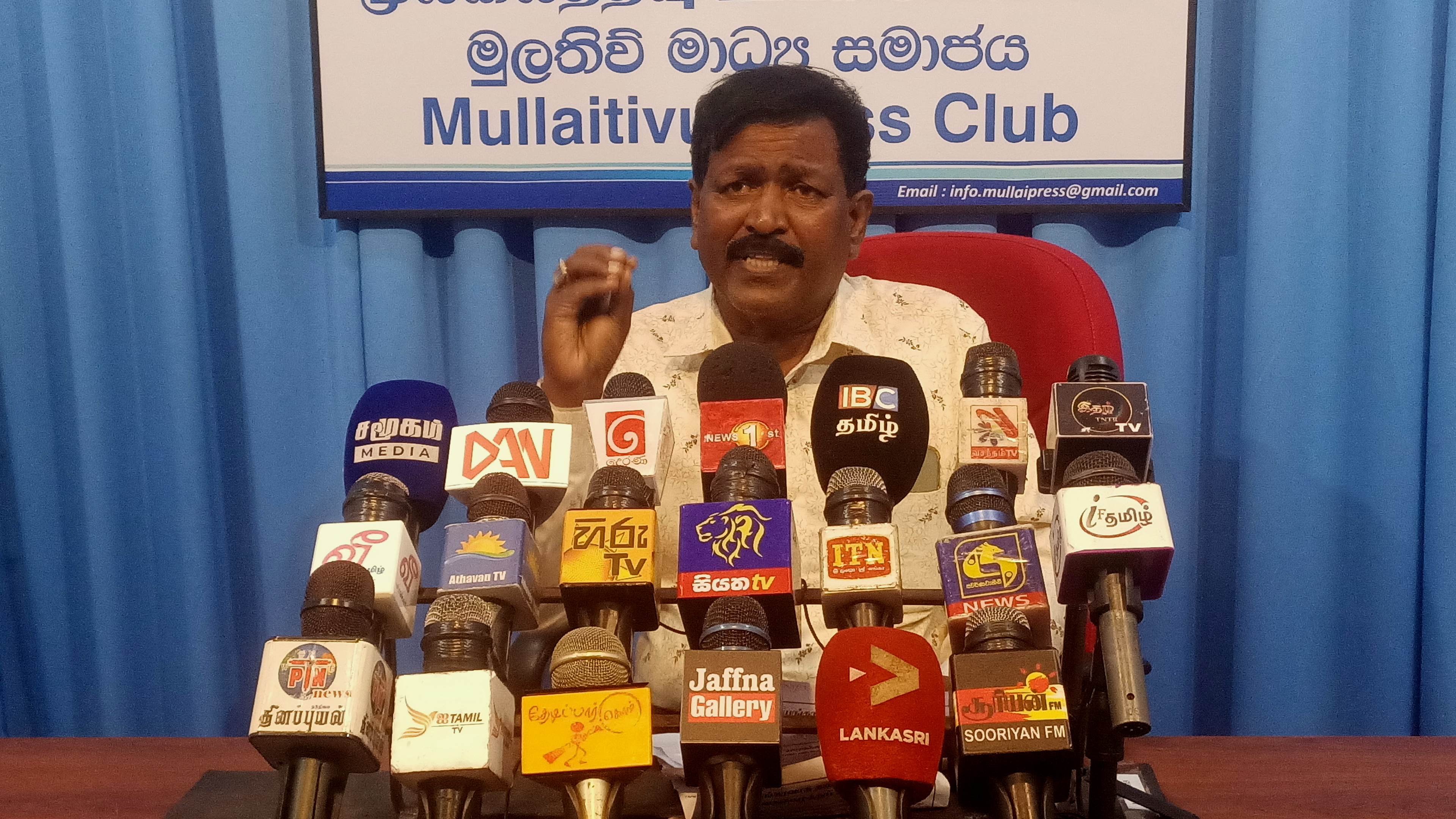
Former Northern Province Council member and Mullaitivu politician T. Ravikaran called on the international community to hold the Sri Lankan government accountable for its actions. Ravikaran's statement was made in light of the resignation of the Mullaitivu District Judge T. Saravanarajah, who cited death threats and political pressure as the reasons for his departure.
The former judge had been facing threats and pressure from the Attorney General's office to alter his verdict in an ongoing case related to the Kurunthurmalai Archaeological site. The judge's final ruling on case number AR/673/18, issued on August 31st, 2023, highlighted the Archaeological Department's failure to comply with court orders. This resulted in the Director General of Archaeology being held in contempt of court.
The court found that, despite prior court orders, construction of a stupa at the temple had continued with ceremonial additions, including the dedication of a Buddha statue made from Kabuk clay. The judge reaffirmed a previous order calling for all construction at the Kurunthurmalai site to be reverted to its state as of July 14th, 2022. The court also noted a complaint filed at the Mullaitivu police station, indicating that construction of the temple had neared completion despite the court's ruling.
During the press conference, the former Northern Province Council member emphasised that this case underscores the illegal activities of the Archaeological Department in Sri Lanka. He pointed out that the judge had been summoned by the Attorney General and pressured to change his verdict, while MP Sarath Weerasekara issued threats to the judge in parliament. Additionally, the judge's security had been significantly reduced, and he had been under surveillance by the intelligence service.
Ravikaran expressed deep concern about the treatment of the judge, stating, "If this is how a judge is treated in Sri Lanka, one has to only exercise their imagination to imagine the political climate under which the Tamil people have to endure. This country is only in name a socialist and democratic country. But as we can see, there is neither democracy nor socialism in this country." He further emphasised the challenges faced by Tamils and Muslims in Sri Lanka, including land grabs, religious and cultural suppression, the imposition of Buddhism, deforestation, and mineral extraction.

